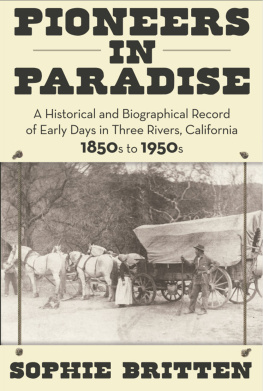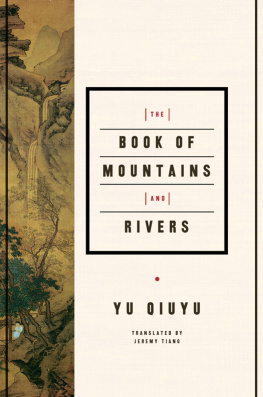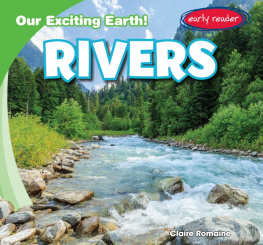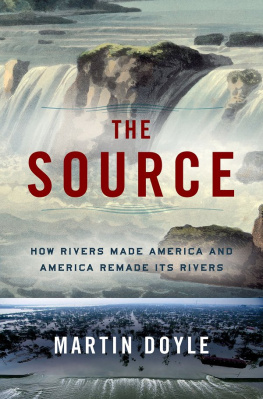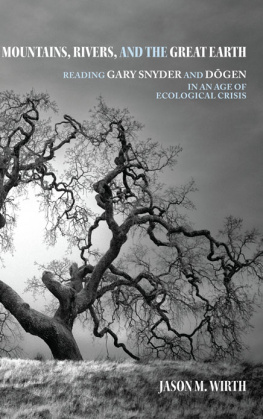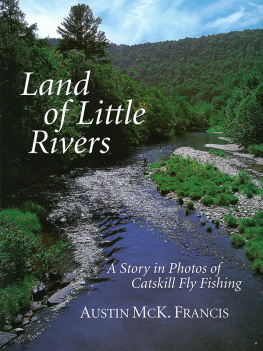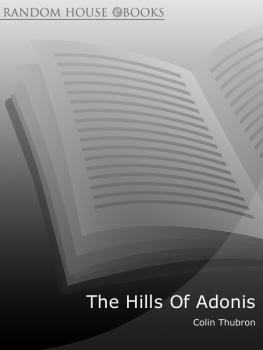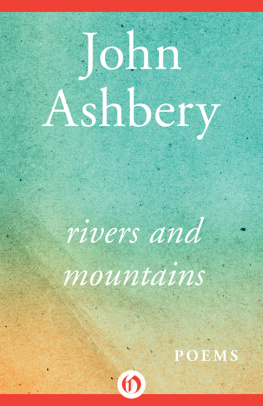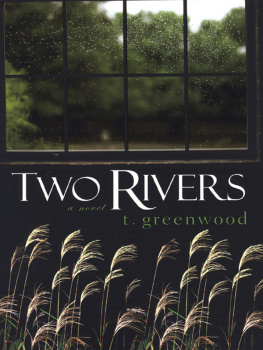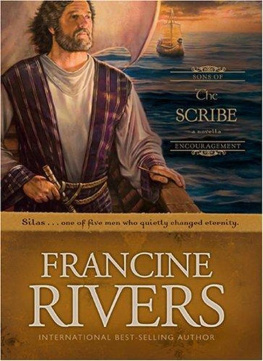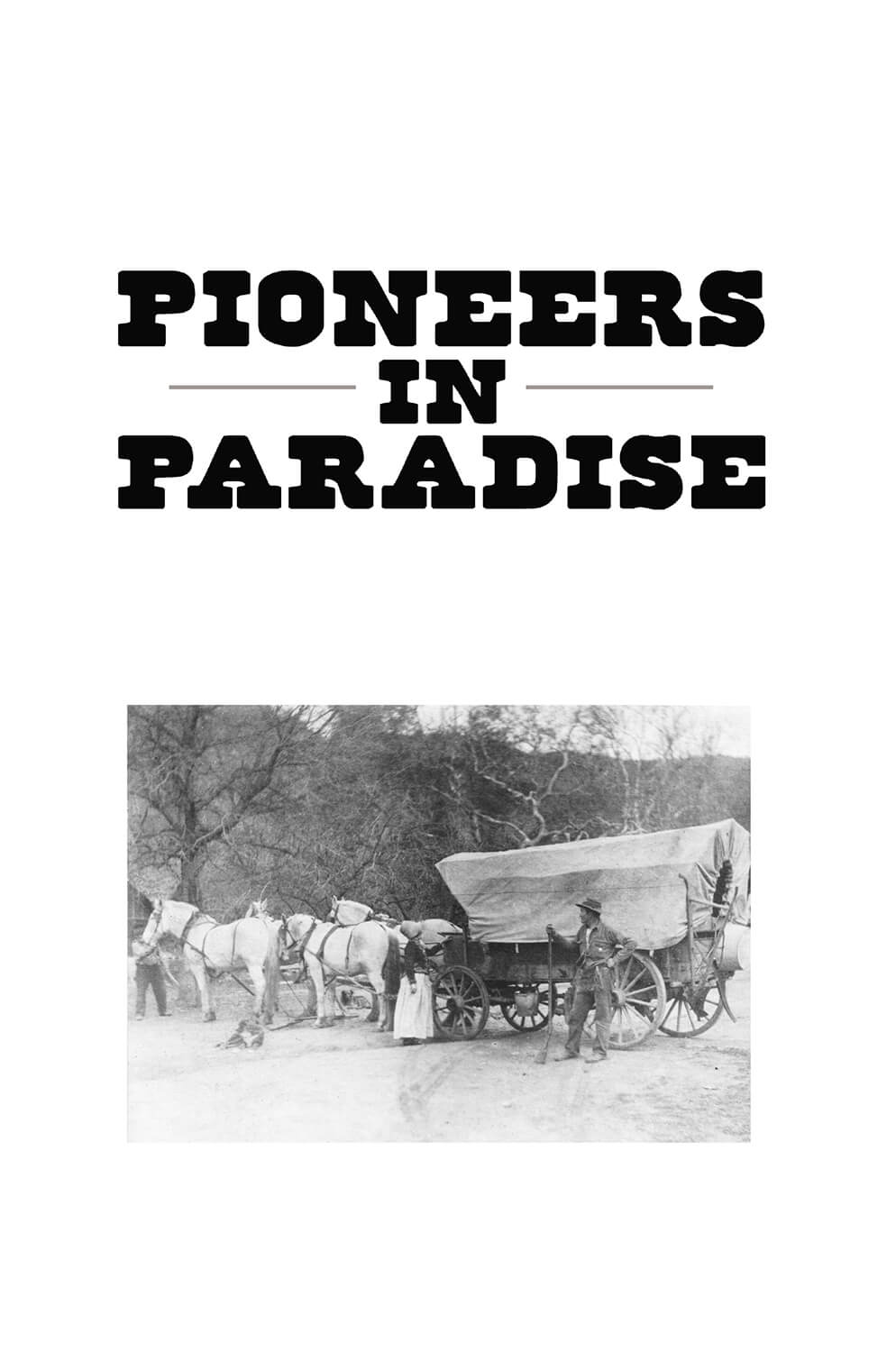

This book is a work of nonfiction. The names, characters, and events in this book have been researched and verified to the best of the authors ability.
Pioneers in Paradise: a Historical and Biographical Record of Early Days in Three Rivers, California 1850s to 1950s
Published by Gatekeeper Press
2167 Stringtown Rd, Suite 109
Columbus, OH 43123-2989
www.GatekeeperPress.com
Copyright 2021 by Sophie Britten
All rights reserved. Neither this book, nor any parts within it may be sold or reproduced in any form or by any electronic or mechanical means, including information storage and retrieval systems without permission in writing from the author. The only exception is by a reviewer, who may quote short excerpts in a review.
ISBN (paperback): 9781662908590
ISBN (eBook): 9781662908606
Revised Edition
Cover Photo: Nell Sivertson Britten (wife of Noel Britten and Ernest Britten), preparing their wagon for the Days of 49 Wagon Train to Woodlake in 1926.
Dedication
This book is dedicated first of all, to the late Frankie Luella Welch. Without her news clippings and notes that she wrote over the years, this book would never have been written.
Next, to Ord Loverin, who instilled in this author the curiosity and love of local history and the wonder and lore of the mountains that surround and shelter us.
And lastly, to my beloved husband, the late John Britten, Sr.; you are still, and always will be, the Wind Beneath My Wings.
O nce upon a time, in a small community in the Sierra foothills, a new widow was trying to recover from the recent loss of her husband and she wondered what she could do with the rest of her life to give it some meaning. She saw the future stretching out endlessly before her and she felt lost, as if she had no more purpose in her life.
Then one day, while cleaning out her basement, she came upon two or three cardboard boxes, full to the brim of news clippings, some very old; as well as many handwritten notes in pencil on legal-sized newsprint and the backs of used envelopes. Upon investigation, she saw that they had been cut out of the Fresno and Visalia papers, dating back to 1924.
What a treasure trove she had discovered! These clippings and notes were articles that had been written over the years by Frankie Luella Welch. Obviously, Frankie had intended to use them for a history of Three Rivers that she meant to write someday.
Spanning the years 1924 to 1977, the year before her death, Frankie wrote news articles for the Fresno Bee and the Visalia Times-Delta. Since she was paid by the published inch, she was very careful to save every article that she wrote.
From this discovery, this lonely widow found something meaningful to do with her life: to complete what Frankie had intended and record the history of Three Rivers.
It took at least two years to sort and categorize all of the information in the material. She sorted it two ways: by events, places and things and by families. Thus, this book is divided into two parts. The first part is events, places, and things; the second part is brief sketches of these early-day families and their histories.
Three Rivers has been settled for approximately one hundred and sixty years, yet in that time many people have come here and left, some to live other places, some to stay on their land, raise their families and eventually die here.
This history reflects only a small part of what the early pioneers endured to keep their homesteads intact and make a living for their families. Their desire was to come west in search of El Dorado, looking for opportunities in the Golden State, or just finding new freedoms and a place to start fresh for themselves and their families.
The reader will note that these pioneers endured two forces of nature; namely, fires and floods. Many homes and other buildings were destroyed by fire, probably because of the use of wood stoves and easily combustible building materials. In many cases, the settlers re-built as soon as possible and got on with their lives.
The other force of nature with which those early settlers had to contend was water, since settling near the rivers was a necessity for their water supply. However, the periodic floods that occur and wash down the canyons did considerable damage over the years and forced those families to build on higher ground, digging ditches to bring the water to irrigate their lands and homes.
Many changes have come about since Hale Tharp rode up the Middle Fork and encountered the friendly tribe of Yokuts; however, Three Rivers remains essentially the same today. This is evident when members of the community come together to care for one another, and their willingness to help in times of trouble.
These early day pioneers shared an important common goal: to make the best life possible for their families and to help each other in the community through good times and bad.
The author sincerely hopes she has been accurate in relating the stories and history she has presented here and apologizes in advance for any inaccuracy. The author does not intend that this book should be the final authority on the facts as they are presented. She has discovered the materials contained here only by conducting extensive research. All incidents recorded here are based on the documentation provided and are referenced in the book. There were more early settlers not included in this work. That was not by design; but because there was not enough information available.
Please enjoy the book; it is a joy to give the reader a glimpse of our local history.
A lthough this project has been in the works for at least ten years, it needed a catalyst or impetus to really give it validity. That came in the form of a grant from the Tulare County Historical Society . The author wishes to give sincere thanks to the Society and its liaison, Lari Ommen. The award of the grant has not only made this project possible, but it has confirmed the necessity of a recorded history of Three Rivers and its pioneers.
In addition, the author wishes to thank and acknowledge the following for their help and encouragement:
Louise Jackson - for proofreading and editing my drafts in spite of trying to finish her own book and who gave me the idea of applying for a grant in the first place. Did you ever think I would finish?? Thank you for having faith in my ability.
Jana Botkin - my other proofreader and editor who put up with my typos and apostrophes in the wrong places! Your willingness to help and your practical suggestions have kept me going.
Anne Lang - her gentle question, Hows the book coming? asked very frequently kept me on track and our discussions of local history were an inspiration.
Bruton Peterson - who furnished the lovely photos of the East Fork of the Kaweah River as well as the pictures of Harry and Mary Trauger.
Earl and Gaynor McKee - who endured my many questions and graciously shared Norma Hardisons book, Memories, as well as photos of their parents and grandparents.
Tom Logan - who kept asking Wheres the book?
Norman Polly - who gave me so much encouragement in his gentle, sweet way.
Three Rivers Historical Society Museum and Tom and Dody Marshall who gave of their time and shared photos in order to facilitate the completion of this book.

